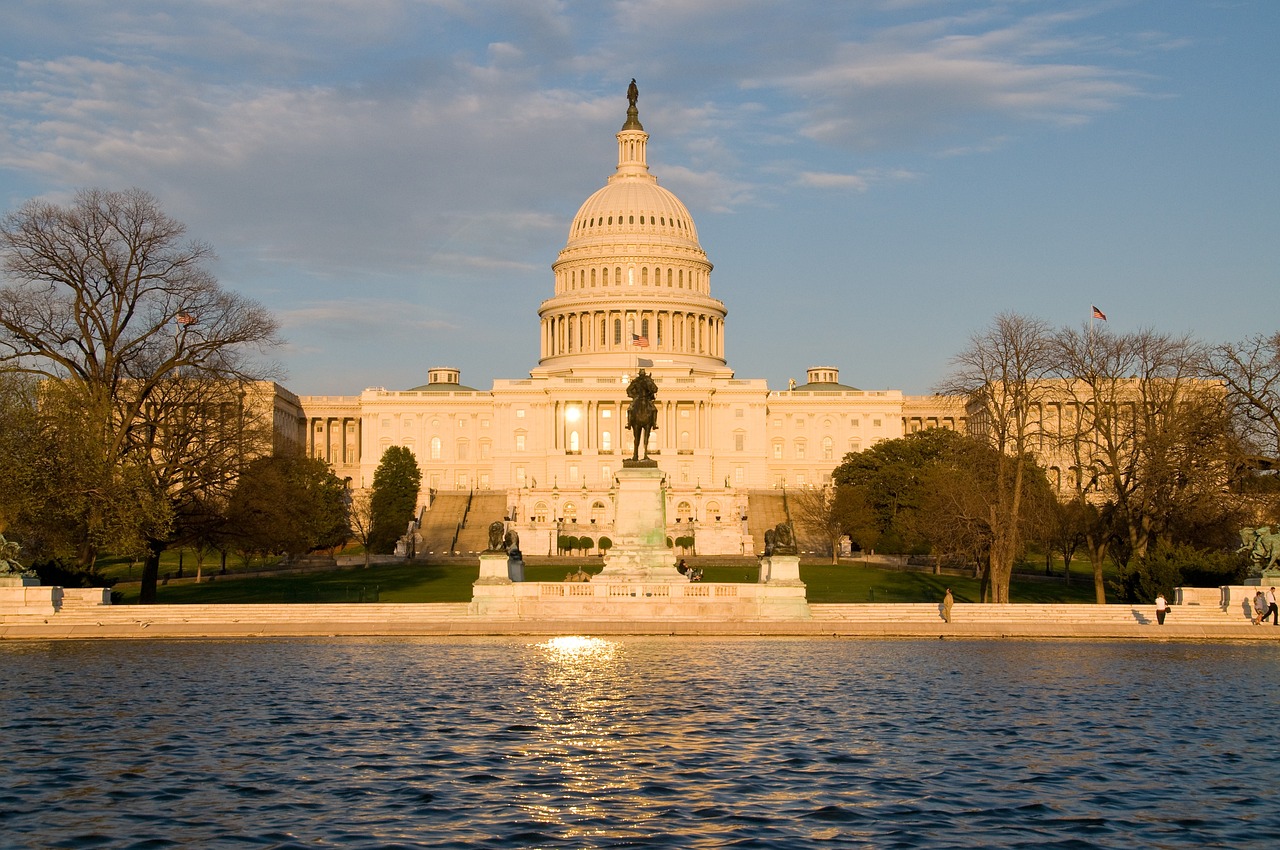Is it 'End of the Road' for the Electricity Energy Efficiency Movement – What's Next?
Let's Save Energy
Alliance to Save Energy's Blog
Is it 'End of the Road' for the Electricity Energy Efficiency Movement – What's Next?

Energy efficiency advocates have made significant gains in the last 40 years, as they've worked tirelessly to encourage, promote and regulate efficiency across a broad range of products and technologies. The end goal has been to save money, reduce the use of much needed generation resources and positively impact the environment. During this time, these efforts have yielded great results, for example, refrigerators that are 20 percent larger yet consume 75 percent less energy than those manufactured just a few decades before.
Even with these gains, as we look ahead, we're left to wonder, "are these efforts reaching the end of their effectiveness?" I'd argue yes, but we’re on the road to something new. Let’s look at the reasons behind this premise.
First, we’ve seen dramatic societal changes over the past two decades, which have shaped the values and beliefs of younger generations and their attitudes towards energy. These values and beliefs are very different from earlier generations in many ways, thanks to fast-paced technological advancements and a dynamic energy ecosystem.
Second, there has been a shift in consumer’s perception of electricity and the energy market. Historically, electricity has been seen as a commodity, only available from a large, mostly unseen and little understood industrial infrastructure. In light of this, energy efficiency efforts mostly focused on household appliances, such as air conditioners, lighting, washers and refrigerators, with progress being measured by the energy reduction achieved when performing specific tasks. Again, the primary visible goal was to reduce a customer’s electricity bill.
Today, the generation of electricity and its impacts on the world are much more visible to a variety of stakeholders. Renewables have enabled both organizations and individuals to have a personal and highly visible connection to the origin of their electricity. In addition, new technology is creating a vast array of possibilities for controlling the use of energy. The availability of products with affordable miniaturized sensors, reliable communications and data analytics – commonly referred to as the Internet of Things – creates device and system-level monitoring and control that were never before possible. The data collected provides insights, which allow us to analyze real-time energy usage, as well as other high-value measures such as space utilization, building system efficiency and even employee productivity – aka smart buildings. The electrification of transportation, availability of energy storage and the growing use of automation have opened endless areas of opportunity in electricity generation and usage for innovators, consumers, governments and commercial organizations.
What does this have to do with energy efficiency? As we better understand the ways electricity is created, transported, stored and used, and the associated costs and environmental impacts, the efficiency of these processes becomes more important to a broader audience. The ability to understand and change energy usage, coupled with performance and overall efficiency of entire systems, buildings and cities, is leading us to the brink of a new age of energy efficiency.
In everyday terms, if homeowners and businesses are creating their own electricity, storing it on-site and controlling the usage at both a granular and system level, wasting electricity becomes more visible and painful. Transparency and self-interest combine to raise the importance of efficiency.
As a result, energy efficiency is transforming from an important, but perhaps detached, set of goals, activities, regulations and outcomes designed to reduce costs or protect natural resources. Now energy efficiency is integral to the new technologies, systems and solutions we develop and deploy. It becomes as real as being able to drive an additional 10 miles on your EV charge or running your home as a Zero Net Energy building. While we may be taking a different road, I assert that this is a good thing. In today’s world, the efficiency of a new technology and system is a requirement, not just a “nice to have” feature.
RECENT BLOG POSTS
STAY EMPOWERED
Help the Alliance advocate for policies to use energy more efficiently – supporting job creation, reduced emissions, and lower costs. Contact your member of Congress.
Energy efficiency is smart, nonpartisan, and practical. So are we. Our strength comes from an unparalleled group of Alliance Associates working collaboratively under the Alliance umbrella to pave the way for energy efficiency gains.
The power of efficiency is in your hands. Supporting the Alliance means supporting a vision for using energy more productively to achieve economic growth, a cleaner environment, and greater energy security, affordability, and reliability.



